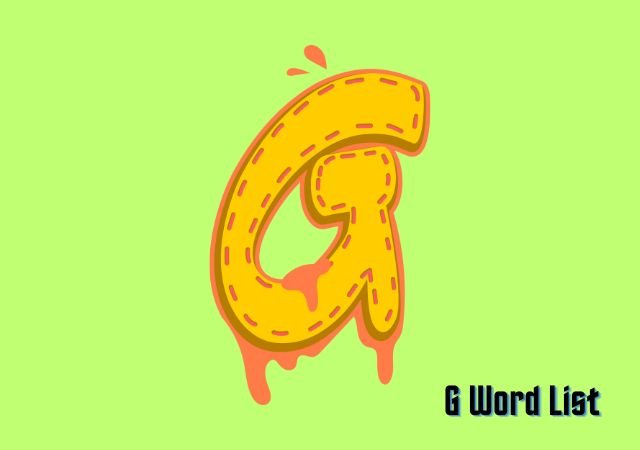Types of Aphasia Chart and Classification Tool Using WAB Scores: The Aphasia Classification Tool takes your raw WAB scores – Fluency, Auditory Verbal Comprehension, Repetition, Naming & Word Finding, and instantly returns the most likely aphasia subtype. It’s designed for desktop and mobile use, so you can bring it into the clinic or even use it at the bedside.
Aphasia Type Classification Tool
Based on Western Aphasia Battery (WAB) Scores
Enter WAB Scores
Classification Criteria
| Aphasia Type | Fluency | Auditory Verbal Comprehension | Repetition | Naming & Word Finding |
|---|---|---|---|---|
| Global | <5 | 0-3.9 | 0-4.9 | <7 |
| Broca’s | <5 | 4-10 | 0-7.9 | <9 |
| Isolation | <5 | 0-3.9 | 5-10 | <7 |
| Transcortical Motor | <5 | 4-10 | 8-10 | <9 |
| Wernicke’s | >4 | 0-6.9 | 0-7.9 | <10 |
| Transcortical Sensory | >4 | 0-6.9 | 8-10 | <10 |
| Conduction | >4 | 7-10 | 0-6.9 | <10 |
| Anomic | >4 | 7-10 | 7-10 | <10 |
Method of Classification
The classification is based on the Western Aphasia Battery (WAB) scores across four domains. Enter the scores for each domain, and the application will automatically determine the aphasia type according to the criteria shown in the table above.
Step-by-Step Guide to Using the Tool
- Open the Tool. You’ll see four input boxes labeled Fluency (0–10), Auditory Verbal Comprehension (0–10), Repetition (0–10), and Naming & Word Finding (0–10).
- Enter each domain score as assessed with the WAB protocol. Be precise—decimal points matter.
- Click “Classify Aphasia Type.” The tool automatically highlights the matching subtype based on built‑in classification criteria.
- Review the result and explore recommended therapy pathways or documentation templates (future update).



